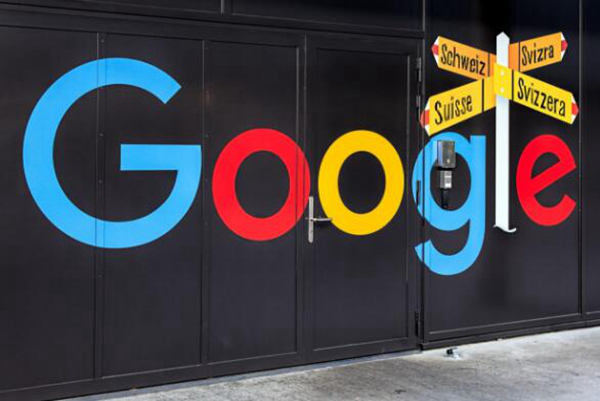In 2024, Google made significant advancements in artificial intelligence (AI), launching innovations that reshape technology and user experience. Here are the five major breakthroughs Google achieved in AI this year:

1. Gemini 2.0: Pioneering the Era of Agents
In December 2024, Google released Gemini 2.0, marking a new chapter in AI capabilities. This advanced model introduces agent functionality, enabling AI to autonomously and efficiently perform complex tasks. Gemini 2.0's multimodal reasoning allows it to seamlessly process and generate text, images, and audio, enhancing cross-platform user interaction. Its integration with Google's ecosystem, including Search, Maps, and Workspace, provides users with a unified and intuitive AI experience.
2. Veo 2: Revolutionizing AI-Generated Video Content
The Veo 2 launched by Google sets a new standard for AI-driven video generation. Veo 2 leverages vast amounts of data (including YouTube content) to create highly realistic and contextually accurate videos. Early testers noted that Veo 2 outperformed competitors, highlighting its precise adherence to prompts and advanced physical modeling. This innovation opens new avenues for content creators and marketers, offering unprecedented tools for easily producing high-quality videos.
3. Mariner Project: Enhancing Human-Computer Interaction
The Mariner Project was introduced as a research prototype aimed at exploring the future of human-computer interaction, starting with web browsing. Built on the Gemini 2.0 framework, Mariner can understand and reason about information in the browser, including text, images, and forms. This capability allows it to assist users in completing tasks more efficiently, marking an important step toward providing a more intuitive and helpful AI assistant in everyday digital activities.
4. LearnLM: Transforming Education with Personalized AI Tutors
Google's LearnLM introduces a series of language models designed to serve as personal AI tutors. LearnLM aims to enhance the educational experience by providing personalized assistance to students and educators. By understanding individual learning needs, it offers tailored support, making education more accessible and effective. This initiative underscores Google's commitment to leveraging AI for the benefit of society, particularly in the field of education.
5. NotebookLM: Organizing Information with AI
NotebookLM is an experimental project focused on tailoring personalized AI experiences based on individual needs. It trains AI using data provided by users, organizing links, images, videos, notes, and documents into a simple notebook-style interface. This tool improves productivity by synthesizing information and providing users with a coherent and easily accessible way to manage their digital content.
These advancements highlight Google's dedication to pushing the boundaries of AI technology. By integrating complex AI models into its products and services, Google continues to shape the trajectory of technological innovation, making AI more accessible and beneficial across various fields.










